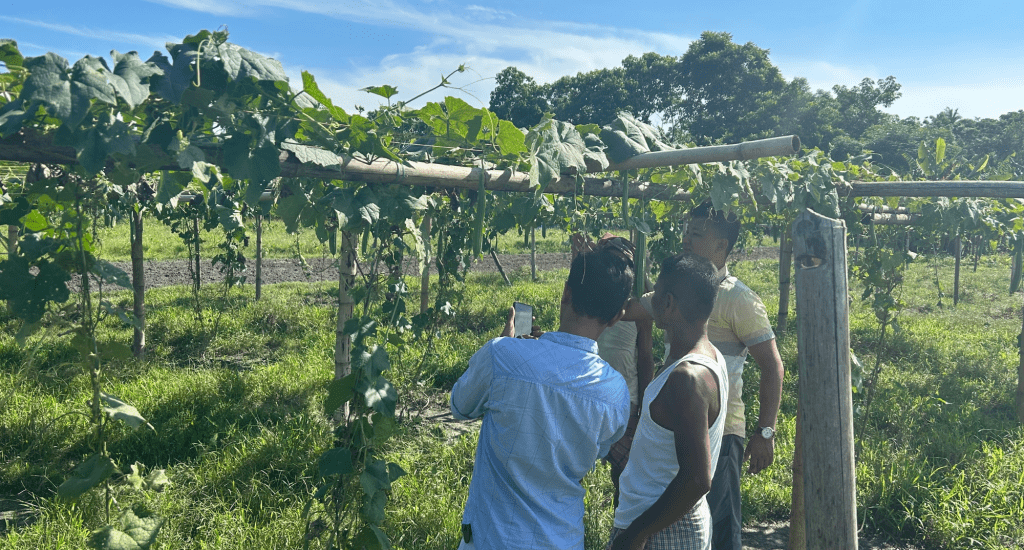Seven Sisters Development Assistance
Blogs
Climate Change and Facilitating Effective Interventions for Climate Adaptation –
–
The northeastern region of India is particularly vulnerable to the impacts of climate change due to its delicate geo-ecological balance, strategic positioning amidst the eastern Himalayas and international borders, intricate network of transboundary river basins, and underlying socio-economic instabilities. In response to the challenges posed by climate change, SeSTA has collaborated with poor and marginalized farmers from the northeastern region to implement targeted strategies for adapting to these changes.

Notable interventions include: Agroecological Practices: Through the Agroecology program, SeSTA has undertaken practical measures to enhance farmers’ knowledge and skills in organic farming techniques. By conducting hands-on demonstrations and providing guidance on the production of bio inputs for fertilization and pest management, SeSTA has successfully extended these practices across 47 blocks in Assam, Tripura, and Meghalaya. Agro Horti-Forestry: SeSTA has introduced the concept of Agro Horticulture forestry as a means of optimizing land use in areas characterized by undulating topography and homestead lands. This practice not only enables farmers to make productive use of their land but also contributes to sustainable natural resource management. By implementing agro Horti-forestry, farmers have gained access to essential resources such as livestock fodder, fruit crops, timber, and non-timber forest products. Additionally, the strategic plantation of woody plants along boundaries serves as windbreakers and helps absorb atmospheric carbon, thereby fostering atmospheric nitrogen fixation through support for microorganisms’ life. SeSTA has successfully extended these interventions to tribal communities in districts such as Kokrajhar, Bongaigaon, Karbi Anglong, and Baksa in Assam. More than 1000 households have actively participated in adopting these sustainable land use practices.
Integrated Farming System: SeSTA’s implementation of integrated farming systems has proven instrumental in enhancing farmers’ overall productivity. By employing crop rotation and intercropping techniques, farmers effectively manage pests and diseases while also integrating livestock within their farming systems. The practice involves utilizing livestock waste as farm manure and for vermicomposting, which not only enhances soil fertility but also supports climate change adaptation efforts within the farming community. Through these concerted efforts, SeSTA is actively contributing to the resilience of northeastern farmers against the impacts of climate change. By promoting ecologically sensitive practices and innovative land use approaches, SeSTA is fostering a more sustainable and adaptable agricultural landscape for the region.
